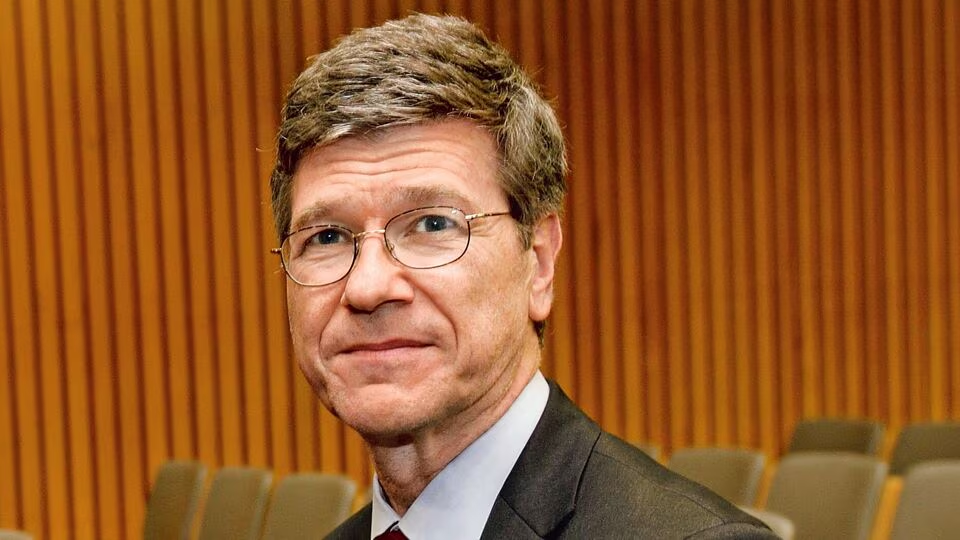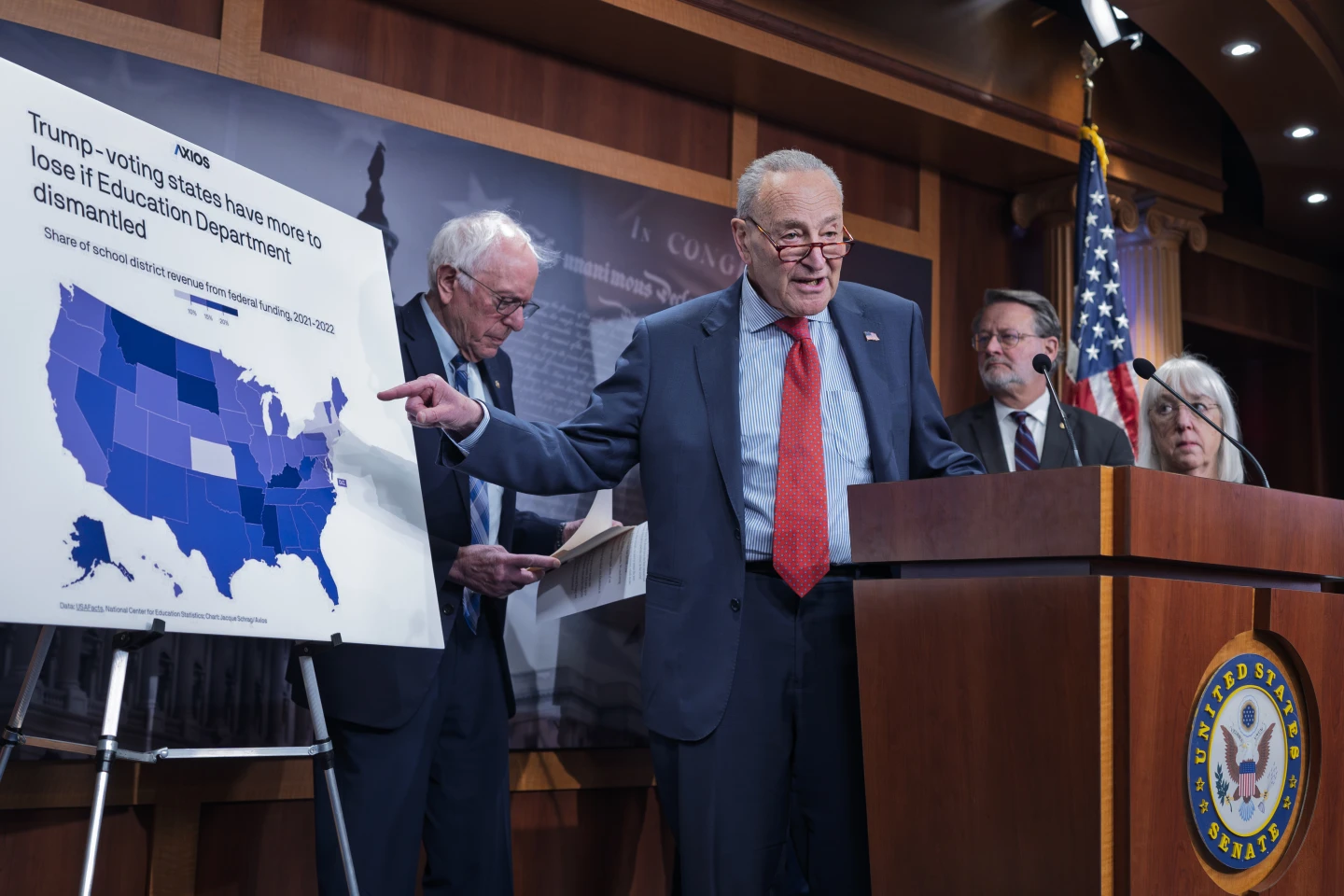
The recent imposition of tariffs by the Trump administration on Indian imports has sparked a wave of criticism from prominent economists and industry experts. Among the most vocal critics is Jeffrey Sachs, a renowned US economist known for his candid assessments of economic policies worldwide. Sachs firmly advocates that these tariffs are not only unwise but also counterproductive, potentially damaging long-term economic relations between the world’s two largest democracies.
Jeffrey Sachs’s Critique: Why the Tariffs are Short-Sighted
Sachs’s blunt stance on the tariffs underscores a broader concern regarding the sudden escalation of trade barriers. According to him, “Trump’s tariffs on India are stupid,” a statement that encapsulates the frustration and disbelief many economists feel about the escalation of tariff tensions. Sachs emphasizes that such tariffs are blunt instruments that often harm the very economies they aim to protect, especially when dealing with complex and interdependent global supply chains.
The core of Sachs’s argument revolves around the idea that tariffs disrupt supply chains, increase consumer costs, and foster economic hostility, which ultimately hinders growth for both nations. His key message for New Delhi is that embracing tariffs as a tool for negotiations or protectionism is a shortsighted approach that could backfire in the long run.
Understanding the Broader Impacts of Trade Tariffs
Economic Diplomacy and Strategic Relations
Tariffs are not just economic policy tools; they carry profound diplomatic implications. Sachs warns that the current tariffs could erode the trust and cooperation that are essential for addressing global challenges like climate change, terrorism, and economic stability. For India, a rapidly growing economy seeking to deepen strategic partnerships, engaging in retaliatory tariffs or economic bluster may lead to diplomatic rifts, limiting future collaborations.
Economic Consequences for Both Countries
From an economic perspective, Sachs points out that tariffs can lead to increased costs for consumers and industries alike. For example, when India faces higher tariffs on US goods or vice versa, it can result in inflated prices, reduced competitiveness, and ultimately a slowdown in bilateral trade. The long-term damage lands not only on specific sectors but on the broader economic relationship that could take years to rebuild.
Furthermore, Sachs highlights that such protectionist policies may discourage innovation and investment, as uncertainty increases. In an interconnected world, destabilizing trade relations can ripple through the global economy, affecting markets far beyond India and the US.
What Should India and the US Do Instead?
Focus on Constructive Dialogue
- Build diplomatic channels to address disagreements about trade policies.
- Prioritize mutual understanding and fair trade agreements that consider both nations’ interests.
Engage in Fair and Balanced Trade Practices
- Identify core issues, such as tariffs, intellectual property, or subsidies, and negotiate with transparency.
- Leverage multilateral forums like the World Trade Organization to resolve disputes rather than resorting to unilateral tariffs.
Invest in Long-Term Strategic Partnerships
Instead of relying on tariffs, both nations should work toward fostering innovation, technological collaboration, and sustainable development practices. Sachs suggests that deeper cooperation in areas like renewable energy, infrastructure, and education can create growth opportunities that benefit all parties without the economic hostility that tariffs breed.
The Risks of Short-Term Protectionism
Jeffrey Sachs urges policymakers to recognize the dangers of short-term protectionism. While tariffs may appear as quick fixes, their long-term consequences often include retaliation, reduced competitiveness, and damaged reputations. Sachs’s blunt critique serves as a warning that economic strategies rooted in protectionism are fundamentally flawed and that sustainable growth comes from cooperation rather than confrontation.
He also emphasizes that the world is increasingly interconnected, and isolating policies only serve to isolate economies, diminishing global prosperity. Both India and the US, as major economic players, risk losing their competitive edge if they pursue insular policies rooted in tariffs and trade barriers.
Looking Ahead: The Future of US-India Economic Relations
As global leaders recognize the drawbacks of tariffs, there is a growing consensus that diplomacy and collaboration are their best tools. Sachs advocates for a future where India and the US invest in building resilient, innovative, and mutually beneficial economic ties. Such an approach would avoid the pitfalls of short-sighted policies and set the stage for sustainable, long-term growth.
Ultimately, Sachs’s stance is a clarion call to policymakers: the road to economic prosperity lies not in protectionism but in cooperation, understanding, and strategic partnerships. As the world navigates an era of rapid change, prudent and forward-looking economic strategies will determine the winners and losers in the global arena.
Conclusion
Jeffrey Sachs’s blunt critique of the Trump-era tariffs on India underscores a vital lesson for global economic policymakers: **short-sighted protectionism disrupts long-term growth** and damages diplomatic relations. While protecting domestic industries is a natural inclination, succumbing to tariffs without considering broader implications can lead to economic instability and weakened international cooperation.
For India and the US, embracing dialogue, fairness, and strategic partnership is the most prudent path forward. Tariffs may offer temporary relief or leverage in negotiations, but they threaten the foundation of mutual prosperity that sustained trade and diplomacy have built over decades.
As Sachs wisely points out, **true economic progress is nurtured through collaboration rather than confrontation**. Policymakers must heed this advice if they wish to foster a resilient and thriving global economy.
For more updated news please keep visiting Prime News World.








